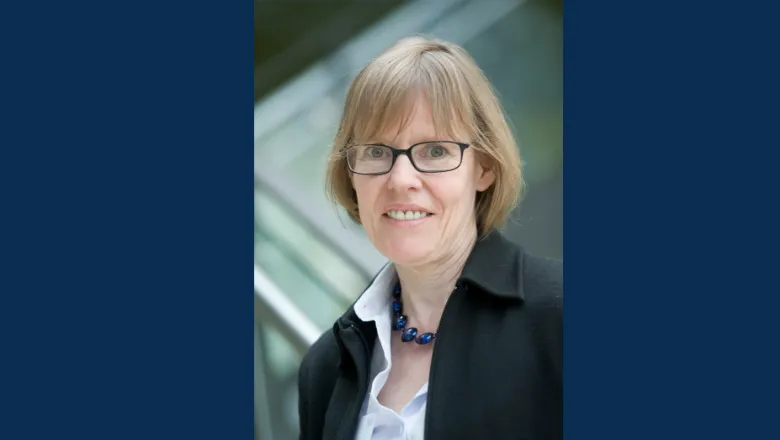08 March 2019
#WomenOfKings - Susan Brain
Celebrating and elevating King’s women for International Women's Day.

It's International Women's Day on Friday 8 March – a global day celebrating the social, economic, cultural and political achievements of women. This year's theme is Balance for Better, which calls for a more gender-balanced society. From the board room to the government, media coverage to employment, gender balance is essential for economies and communities to thrive.
To celebrate International Women's Day, we spoke to women from the Faculty of Life Science & Medicine King's about their careers, inspirations and what drives them.
"I was the first woman lecturer in Pharmacology at King’s and the first female Professor of Pharmacology at King’s"
Professor Susan Brain is Head of Vascular Biology and the Academic Lead for Development, Diversity & Inclusion in the School of Cardiovascular Medicine & Sciences.
What are you proudest of in your career?
There have been many proud moments in my career, especially in terms of the goals that the students who have worked in my lab have achieved. Most recently my proudest moment was when I received an Honorary Fellowship from the British Pharmacology Society, the highest honour that the Society gives.
Why did you decide to go into this field of study/research/work? What would you tell women who want to study in your field?
I started doing a chemistry and biology degree at university. However, as soon as I started learning Pharmacology I was hooked, especially developing an interest in the pharmacology of the cardiovascular system and inflammation. To my knowledge, I was the first woman lecturer in Pharmacology at King’s and the first female Professor of Pharmacology at King’s (whilst at Chelsea College) and also, more recently, the first female Head of the Department of Pharmacology and Therapeutics. There are now many more senior women pharmacologists at King’s and in and around London. They are doing some fantastic research. This is an exciting field and I would encourage all students whether male or female. As a female I have not found this a difficult field to work in and have always considered that I work in a supportive environment. I am now DDI lead for the Cardiovascular School of Medicine and Sciences, where there is a lack of females in senior career positions. I am working with others to help early career researchers, especially females, who are taking their first steps on the academic route.
Who or what made you want to work in this field? How has your field changed since you started, and where do you see it going in the future?
I have been very lucky in having some great mentors, especially those I worked with as a postdoctoral scientist. They have influenced my research greatly. Meanwhile the field has changed tremendously; going from a physiological approach to a cell biology approach and more recently incorporating translational research. There is much left to do as we still need new drugs for treatment a range of diseases.

